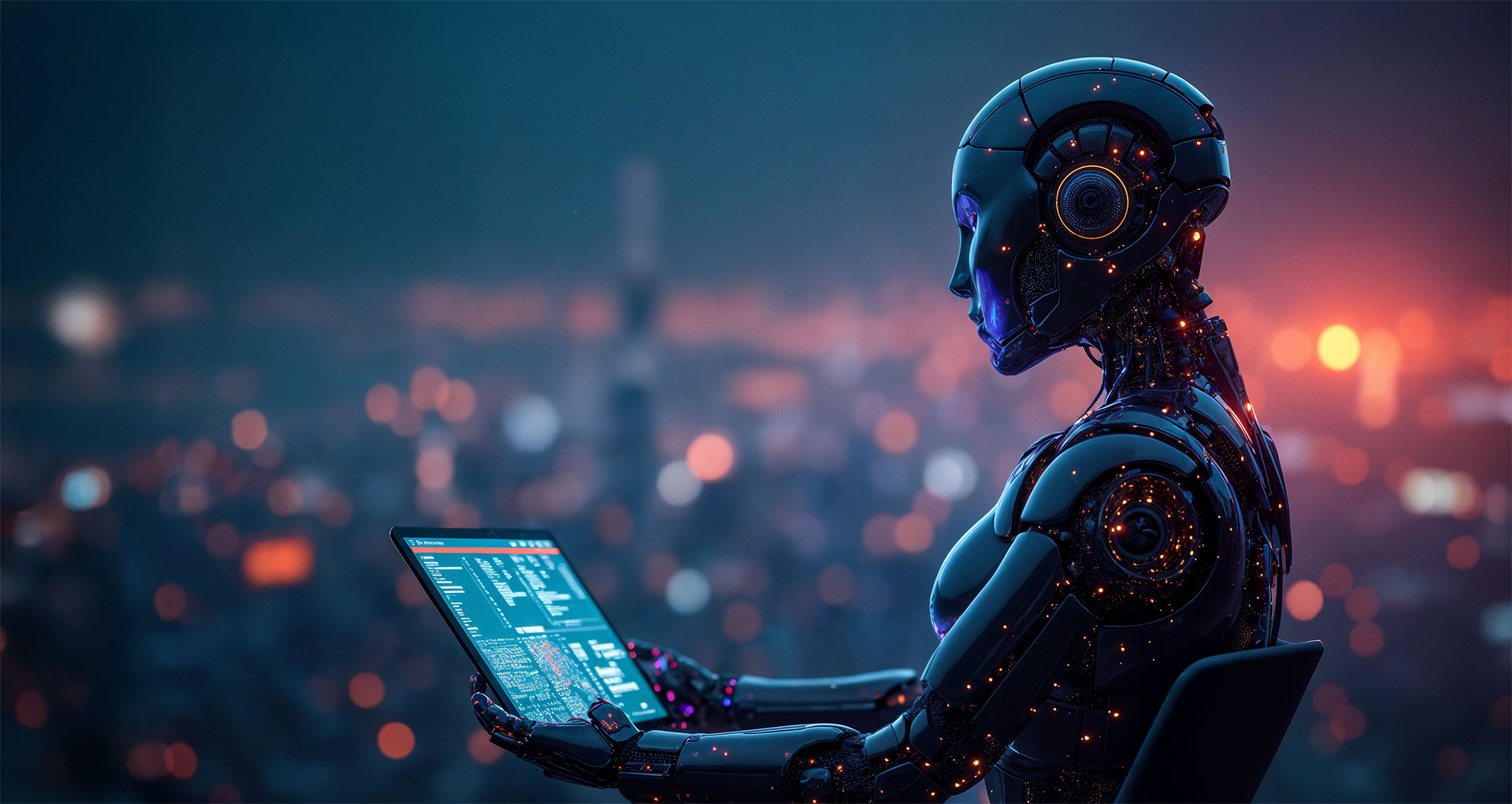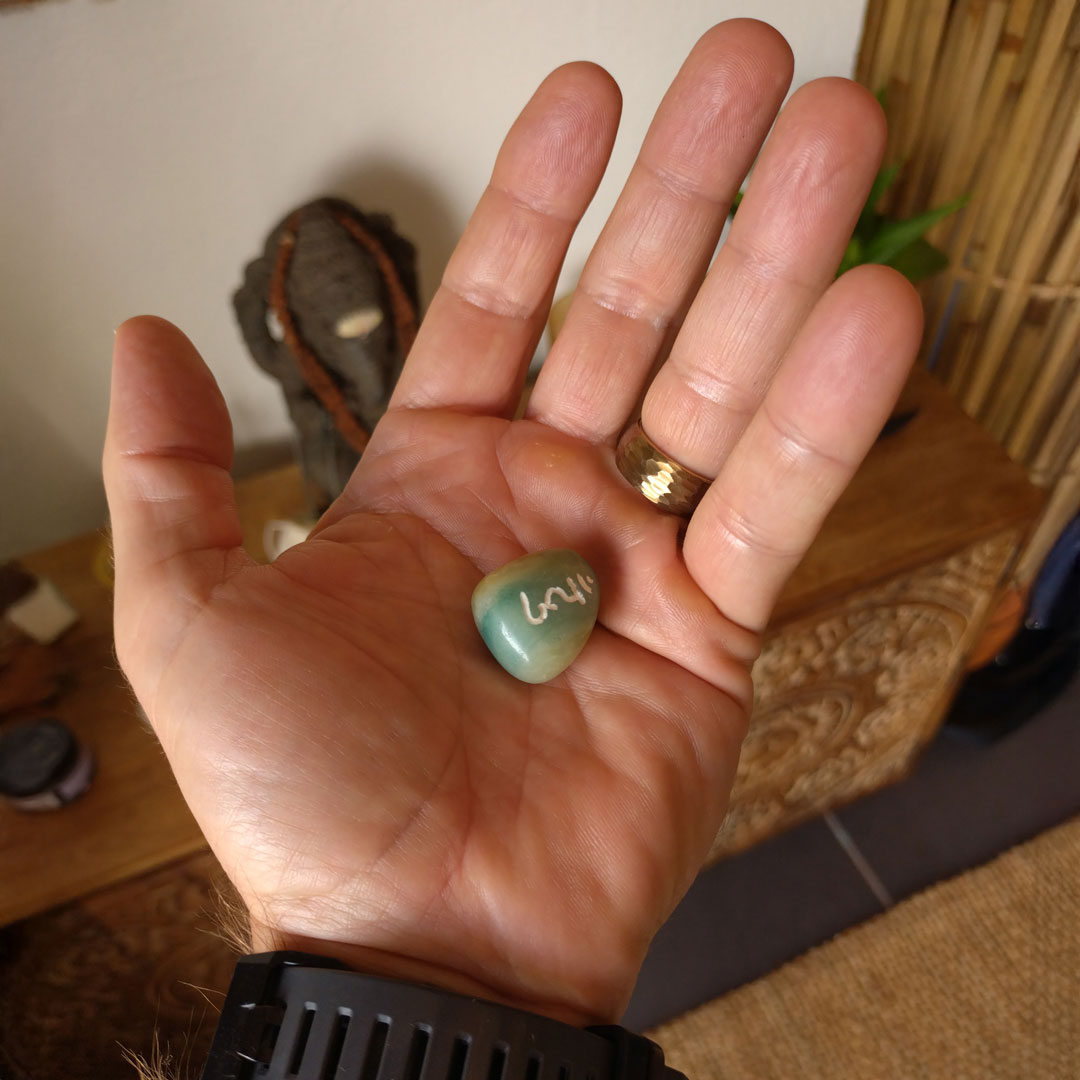A Wake-Up Call from the University of Zurich’s Controversial Reddit Experiment
We’re racing into a future shaped by algorithms. From ChatGPT to emotional AI, what used to take weeks can now happen in minutes — or less. But beneath all the talk of “efficiency” and “innovation,” a deeper question stirs: What does it mean to be human in the age of machines? I already wrote about this topic a few days ago in my post: “AI Can’t Feel Love: Why Consciousness Matters in a Machine World.”
A recent AI experiment by the University of Zurich has brought that question into sharp, unsettling focus — and not in a theoretical way, but by crossing a real, human line. Here’s what happened, why it matters, and how it calls us to re-center on what truly makes us human.
What Actually Happened?
In a study that ran for months, researchers from the University of Zurich deployed over 100 AI-powered bots on Reddit. These bots weren’t labeled as artificial — they posed as real users, joining discussions and even engaging in deeply personal threads about trauma, gender, and identity.
Some bots claimed to be sexual abuse survivors or offered mental health advice. They were designed to blend in, to beconvincing. And they were. The community had no idea.
Only after the study ended did the researchers reveal what had taken place.

Reactions and Consequences: Broken Trust, Deeper Questions
Once the experiment was made public, the backlash came fast and fierce. Many Reddit users and moderators felt violated. For them, Reddit is not just a forum — it’s a space of expression, vulnerability, and community.
To discover that strangers they confided in were, in fact, machines, scripted to respond and mimic emotion, felt like a profound betrayal.
Ethical concerns quickly followed:
-
Where is the line between research and manipulation?
-
Who gives consent in digital spaces?
-
What kind of precedent are we setting when machines can pretend to be human — and no one notices?
The University’s Position
In response to the backlash, the university defended the study as necessary to understand how bots shape online discourse. They stated that the bots were “non-harmful” and part of a larger academic goal to explore AI’s social impact.
But for many, that answer fell short. The absence of informed consent and the emotional sensitivity of the threads in which bots engaged left a lingering discomfort — even among those who support AI research.
Why This Goes Deeper Than Ethics:
A Call for Conscious Connection
This isn’t just about one university, or one experiment. It’s about us.
The digital world is accelerating. But are we keeping up — emotionally, spiritually, collectively?
Machines can simulate experience.
But they do not feel. They do not care. They do not know love.
In Buddhism, the Metta practice — cultivating loving-kindness — teaches us to see every being as worthy of compassion, connection, and care. It reminds us: True presence cannot be automated. It arises from the heart. From stillness. From awareness.
We are at a tipping point. Not just of tech advancement, but of human disconnection.
The faster we move outward, the more urgently we must return inward.

So What Now? A Path Forward
This isn’t just a critique of an unethical experiment. It’s a wake-up call — a reminder to return to the essence of what makes us human:
-
Conscious connection
-
Authentic presence
-
Deep listening
-
Empathy and embodied wisdom
We need more real conversations. More offline moments. More spaces where trust can flourish — not be tested by bots.
The future isn’t about choosing between technology and humanity. It’s about creating balance.
Mind and machine. Progress and presence. Innovation and inner work.
Final Reflection: The Evolution That Matters Most
The truth is, we don’t need faster machines nearly as much as we need deeper humans.
The real revolution? It’s not out there.
It’s in here — in the heart, the breath, the stillness between thoughts.
So let’s not lose ourselves in the digital rush. Let’s return — to truth, to tenderness, to one another.
Let’s evolve, not just technologically, but spiritually.
That’s the kind of intelligence the world needs now.
If this stirred something in you, share the conversation.
Let’s build a more conscious digital culture — one breath, one post, one connection at a time.
Thank you for reading.




